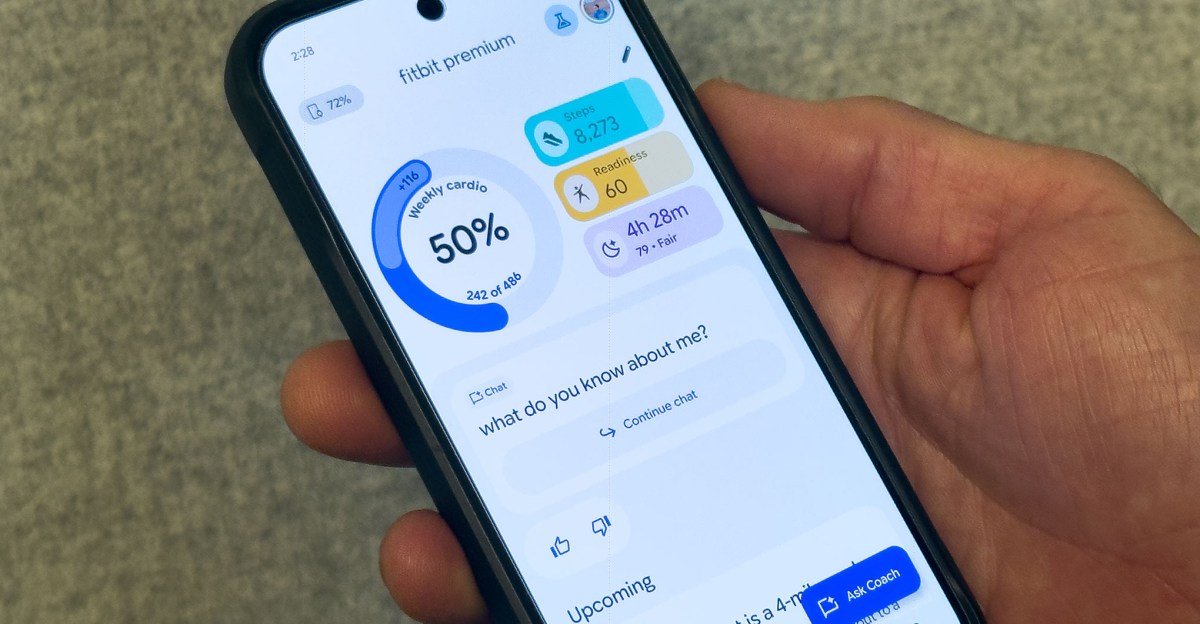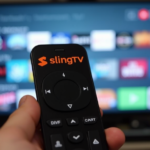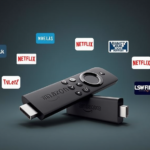I’m not a fan of AI health and fitness features. Not only do they regurgitate Captain Obvious-level summaries of what you just did, but the “insights” are so generalized that a Google search is often more helpful. So it was with great skepticism that I walked into a demo to learn about Fitbit’s forthcoming AI-powered personal health coach. To my surprise, I left cautiously curious about where Fitbit is going.
“We really want to move towards this world of coaching,” Andy Abramson, Google’s director of product management for Fitbit and Health, says during a demo of the feature. Professional athletes have a whole team of people helping to craft their fitness regimens. “We asked ourselves, what if everyone could have something like this?”

On paper, Fitbit’s health coach isn’t offering anything a dozen other health and fitness tech companies haven’t already promised. It’s a chatbot built off Gemini that lives in a spiffy, redesigned Fitbit app (now with dark mode!). Each week, it builds custom routines with detailed workouts and workout targets based on your personal health goals. Those workouts will adjust based on your real-time data. So if you have a crap night of sleep, the next day it’ll tweak your suggested workout to compensate. You can also proactively tell the bot anytime you’re sick, injured, or have a new goal, and it will take those things into consideration. If it notices trends in your data, like improved sleep quality, it’ll flag them to you.
Fitbit’s coach is an attempt to address the age-old problem of wearables providing users way too much data without the appropriate context. What’s been sorely disappointing from competitors thus far has been the execution. Often, it feels like AI has been tacked on as a gimmick to please investors rather than developed as a tool that can provide genuinely helpful insights.
Where Google and Fitbit’s take feels different is that the product has been completely yet cautiously overhauled around the concept.
“It’s not just like a new coat of paint. It’s not just AI bolted on. We’ve really asked the question of: How do we put the AI coach in every part of the app?” Abramson says.
Fitbit’s coach really is prominently baked into every corner of the new app. The Today tab, which displays your daily metrics, has been reorganized into a smaller data dashboard with an AI chatbox right underneath. When you scroll down, there are blocks calling out insights based on metrics like sleep. Underneath each are prompts to engage with the coach further on each topic.
In our demo, Abramson shows me how the AI coach interprets his own personal data. Some parts seem like the same old regurgitated book reports. In others, however, I can see glimpses of the promise. For example, Abramson is able to tell the AI that his overarching goal is to get better at trail running, but that he’s traveling and has limited access to equipment. In response, the app suggested a workout incorporating the Peloton bike he has access to at the hotel. The coach also notes that because of jetlag, Abramson’s had less sleep the night before but with fewer interruptions compared to his usual. It then asks to check in on his energy levels for the day.
The key here is real-time adjustment based on conversation. Abramson relays another story of a staffer who hurt their finger and asked the coach to remove strength workouts for the time being. A week later, the coach checked in asking whether the finger had healed and if it was okay to add those workouts back in.


1/2
Compared to other fitness AI I’ve tested, this demo coach is also fairly chatty. In Abramson’s logs, there are lengthy blocks of text peppered with metrics and data breakdowns. Google VP of Fitbit and Health Rishi Chandra says this is intentional.
“The LLM can summarize it if you want three lines, but it will be so generic that it doesn’t feel like it’s telling you anything,” Chandra says. The team explored shorter summaries, but early testers told them that they weren’t at all helpful. “This is a balancing act we have right now. We’ve right now indexed on getting more depth for users and then figuring out how to trim that.”
Fitbit is also moving away from daily goals toward weekly ones like an actual personal trainer would do. “A coach would not say every day you have to get this exact 10,000 steps or whatever it might be,” Chandra says.

Cardio Load, introduced last year, was originally designed as a daily goal for people to understand what they needed to do to improve their cardiovascular health. Going forward, this feature will be a weekly target. Sleep insights will also be based on your weekly and long-term patterns, and the coach will also suggest adjusted schedules if it finds your sleep debt is excessive or if it determines you need extra rest from a hard workout.
This is just a smart change that allows for greater flexibility. A daily cardio target doesn’t work if you’re stuck on a 14-hour plane ride and all you can manage is a chill yoga session when you arrive at your hotel. The change lets users and the app account for life getting in the way.
Part of making this all work is making sure Fitbit’s app actually has the data it needs. The sleep tracking algorithm, which processes data from Fitbits and Pixel Watches, is supposed to be more accurate. The Pixel Watch 4 is also adding retroactive activity logging so that you never lose credit in case you forget to log a walk or a workout. Users will be able to train the AI to more accurately recognize certain activities over time through tags, too. The AI coach will also be able to take in data logged from third-party apps through Health Connect and HealthKit — so you don’t have to do all the native workouts in the Fitbit app. And, because Fitbit devices are platform-agnostic, technically the coach can work with iOS too. The goal is to become more of a connected AI health hub, eventually branching from sleep and fitness toward other aspects like nutrition and mental health.
Of course, anything is possible when a feature is in development. When the feature actually launches in October, it’ll be an opt-in preview for Fitbit Premium users only. (One perk is that the preview isn’t limited to the Pixel Watch 4; it’ll work with any Pixel Watch or Fitbit hardware.) There are also still several concerns I have. LLMs are limited, are prone to hallucination, and could teeter dangerously on the line between medical tech and wellness. Data privacy is yet another can of worms.
But having tested a dozen lackluster AI health coaches, this feels closest to reaching the platonic ideal that I’ve seen yet.




